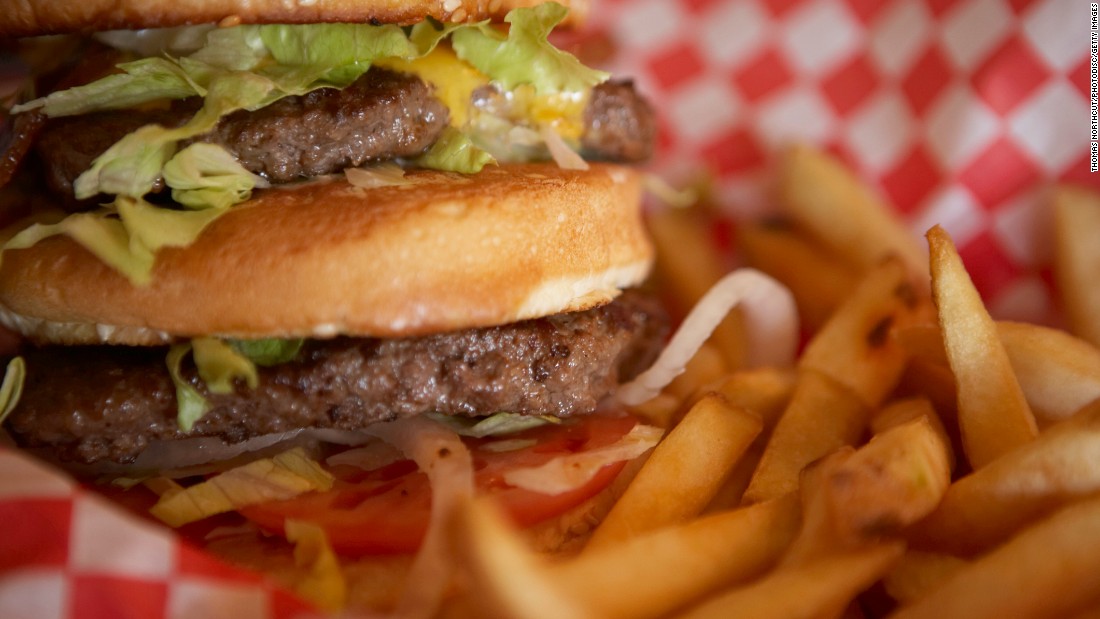
(CNN)Normally, science advances by trial and error. When an experiment fails, researchers question assumptions, formulate new ideas and then design better studies. But the field of nutrition is having a hard time of this when it comes to the low-fat diet debacle.
As noted in the Journal of the American Medical Association, conventional wisdom used to be that cutting back on fat would make us lean and healthy. However, things have not quite worked out that way, and Americans are struggling to adjust to a new dietary reality.
It’s time to acknowledge past mistakes and examine why a focus on calorie balance backfired. One explanation is that the body fights back against calorie reduction, with rising hunger and slowing metabolism, making it increasingly difficult for most people to maintain weight loss on a conventional low-fat, low-calorie diet. But colleagues and I have argued that all calories are not equal. By reducing consumption of processed carbohydrates, insulin levels fall, unlocking calories stored in fat and helping promote long-term weight loss (the carbohydrate-insulin hypothesis).
If this alternative view is right, it would mean that calorie restriction is useless over the long-term, and that weight loss treatment should focus on the type, not amount of calories consumed — the opposite of the conventional energy balance recommendation.
But this potentially exciting scientific debate has been mired in revisionist history, detracting from a clear contest between these two contrasting hypotheses. Disregarding extensive evidence to the contrary, some claim that no low-fat advocate ever recommended fat-free junk food — it was the food industry’s fault for marketing these products and the public fault for buying them. But if the actual intention of prior dietary recommendation were to increase vegetables, fruits and whole (instead of processed) grains, there would have been no need to limit fat in the first place.
Others call for defunding low-carbohydrate diet research because their benefits for body weight don’t seem large, but this is exactly the wrong medicine. In fact, studies of alternative diets have received miniscule governmental funding compared to research into the low-fat diet. For this reason, most studies suffer from important limitations such as use of ineffective methods to actually change diets.
This debate has also been unnecessarily complicated by ethical and environmental concerns about eating meat. Though these concerns are important, they rest on the false premise that all high-fat diets are inherently high in animal products. In practice, one can eat a low-fat diet with lots of lean red meat, poultry, reduced fat cheese and egg whites; or a high-fat diet with olive oil, nuts and other plant-derived fats.
The science of nutrition is complex. But we know that the low-fat diet of the last 40 years didn’t work. In view of the human and economic toll of diet-related disease, this failure warrants a rigorous examination, efforts to mitigate existing harms and robust government funding to test new ideas.
Read more: http://edition.cnn.com/
source http://www.gp724.com/doctor-low-fat-diets-stuffed-with-misconceptions/





No comments:
Post a Comment